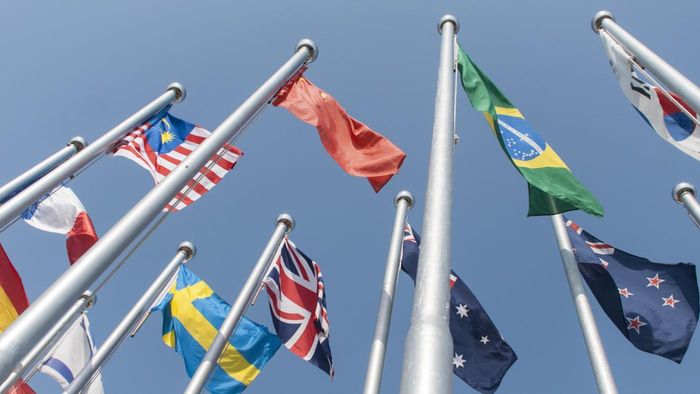What is citizenship? What is its difference from the institution of citizenship? What changes in the legislation of Russia over the centuries have occurred in connection with citizenship? Were the foreigners who received it equal in rights with the Russians? This, as well as other issues of citizenship in Russia will be discussed in the article.
General concept
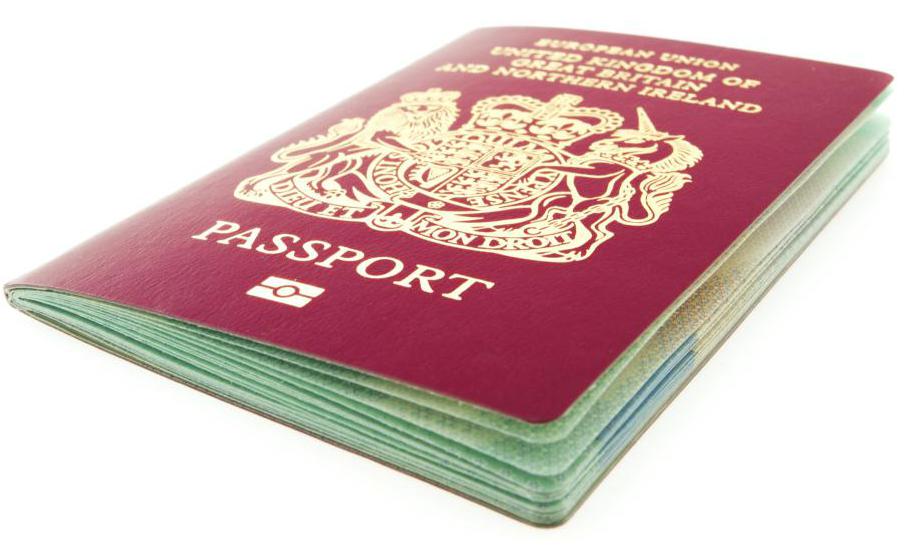
Studying the question of whether this is citizenship, one cannot but touch upon another definition. So it will be easier to understand this concept. It's about citizenship. Citizenship and citizenship are inherently very close, but have important differences. Let's consider what they consist of. But first we give the essence of each term.
Citizenship is a much earlier legal institution that emerged with the establishment of the monarchist system. It is based on the relationship between man and the monarch (king, king, emperor), expressed in the fact that the first is obliged to serve the second and fully obey him.
Citizenship is also a type of legal connection, but already between the individual and the state. It assumes the existence of mutual obligations between the government and the individual. That is, a person fulfills the laws of the state, and it protects his citizen and organizes his life in accordance with these laws.
Similarities and differences
Based on the above definitions, you can see the similarities and differences of the legal institutions under consideration. Their similarity lies in the fact that both of them relate to the relationship between the individual and the highest power structures, which are currently at the head of state. The differences are as follows:
- In relation to a territorial entity, represented by a ruler individually dominating (citizenship) or by a collegial body, the state (citizenship).
- In the structure of relationships. Citizenship entails the existence of obligations undertaken by an individual unilaterally, does not imply liability on the other side. Citizenship includes the existence of mutual rights and obligations.
- In participating in the exercise of power. Citizenship puts people living in the country in the position of unconditional executors of royal decrees. Citizenship gives them the opportunity to participate in the selection of power bodies by voting and make historical decisions by participating in referenda.
It should be noted that not in all languages, as in Russian, these concepts are expressed using different words. So, in English, they differ not by definition, but by the context in which they are used. Based on the foregoing, we can conclude that talking about citizenship in the Russian language will not be correct, except in colloquial speech.
From the history of citizenship in Russia
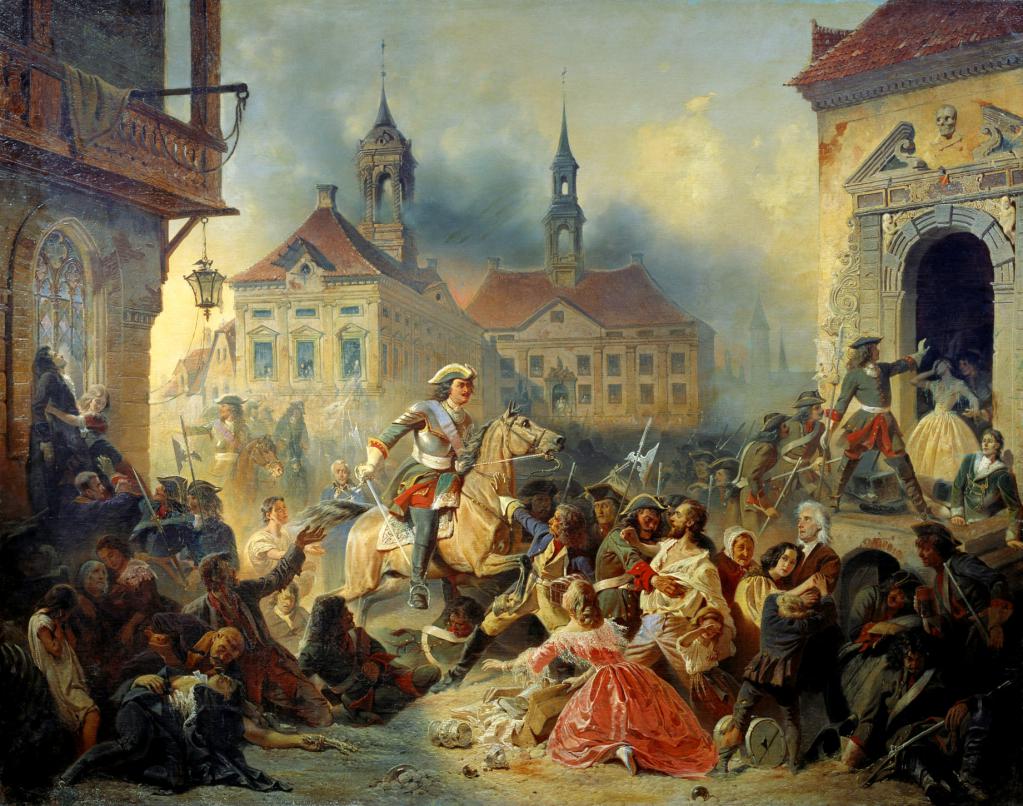
In Russia, the legal construction of citizenship was finally developed during the imperial period (October 1721 - February 1917). But at the same time, a single legislative act describing it did not exist until 1917.
A distinctive feature of citizenship is (both in Russia and in other countries) its constancy, action regardless of time. No reservations related to the statute of limitations apply to him. In addition, citizenship is valid regardless of the territory in which a person lives in a particular period.
According to the law, the population of the Russian Empire included Russian subjects by nature, foreigners and foreigners. In a general sense, the subjects were both the first and second groups.But they were called differently because they had different personal rights, which did not prevent them, from the point of view of international law, from entering the same category of Russian citizens.
Taking the oath
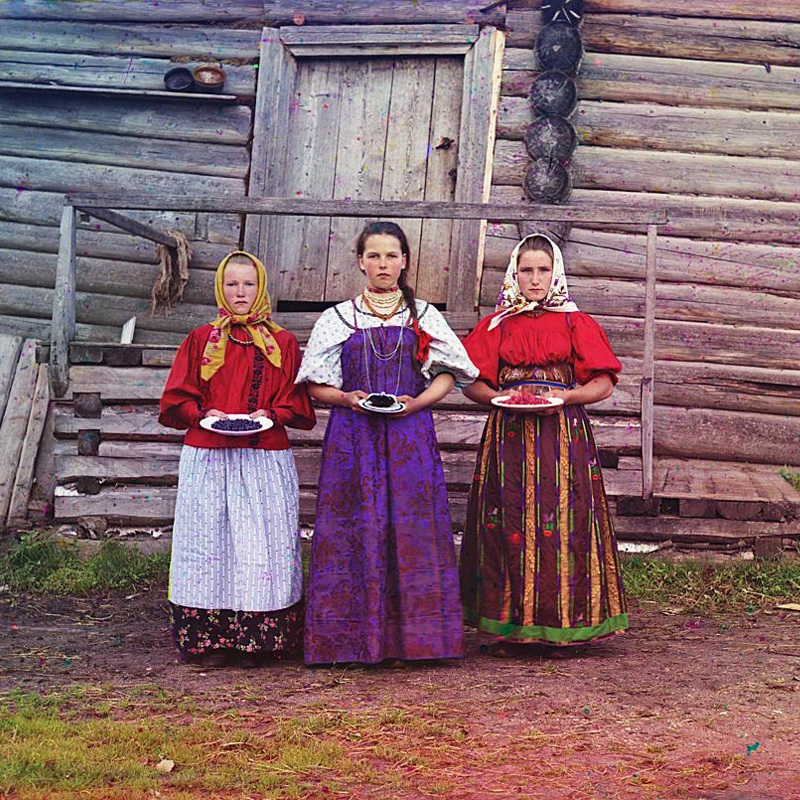
Under the Emperor Peter the Great, the final form in the legal sense was gained by citizenship of Russia. Starting from his reign, the entire population of the country was obliged to take the oath of allegiance to each subsequent monarch. This form was practiced in the Moscow state, but in separate periods. Most often, the next Zemsky Sobor, approving the new ruler, signed the corresponding act on the adoption of citizenship by the population.
Later, Paul I issued a decree on taking the oath to the new sovereign by all the inhabitants of the empire, starting from 12 years old. There was one exception, according to which, from 1740, it was brought by the landowner who owned them for serfs. But since 1861, with the abolition of serfdom in Russia, the decree on this lost force, and all the peasants joined the rest of the country. Foreigners also had to swear allegiance to the sovereign if they wanted to obtain citizenship.
Grounds for Accepting Citizenship
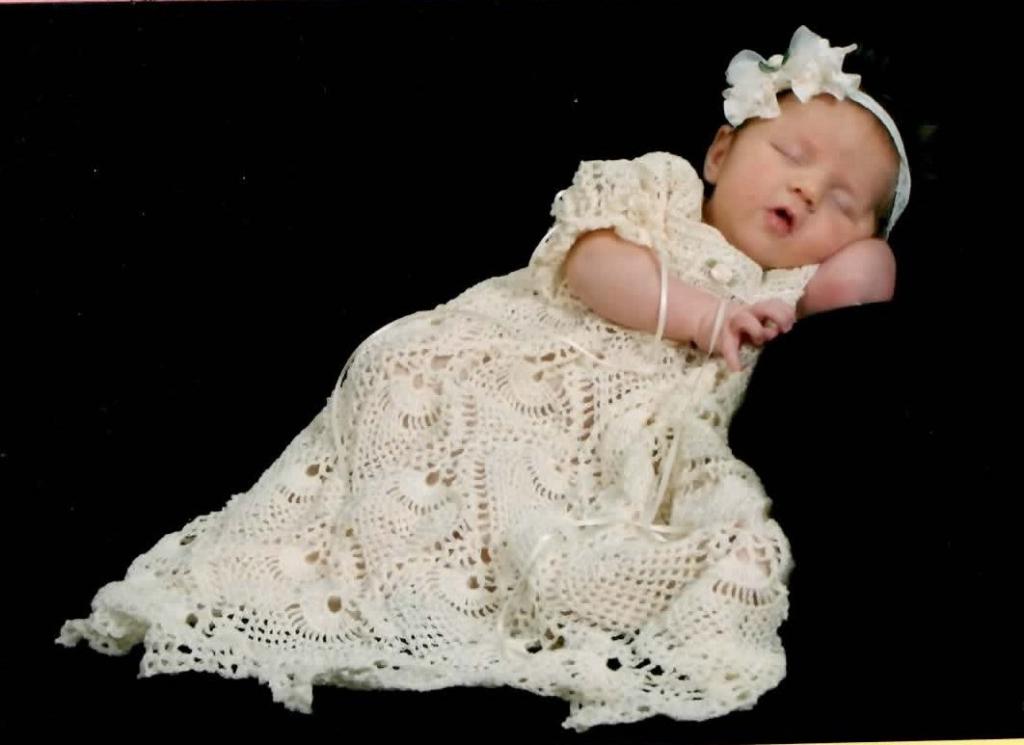
Acceptance of citizenship in Russia could be made on one of three grounds:
- By birthright. If mother and father were subjects of Russia, their child was considered a Russian subject. Another such order is called the "principle of blood." He had a broad interpretation, consisting in the fact that a Russian citizen was also a person who was born abroad or on a foreign ship. The only requirement was the mandatory registration of the birth certificate in a foreign representative office.
- Upon marriage. If a foreigner married a Russian citizen, she automatically received Russian citizenship without taking the oath. Upon the dissolution of the marriage, its status was maintained. When a Russian citizen married a foreigner, she became a foreigner. Their children could be accepted into Russian subjects in a simplified manner. During adoption, citizenship did not automatically change.
- With naturalization, or rooting. Until 1864, it was enough for a foreigner to petition the provincial chancellery and take the oath. After February 10, 1864, a five-year stay in the country on a permanent basis was required. The petition had to be submitted to the Minister of the Interior.
Out of Citizenship
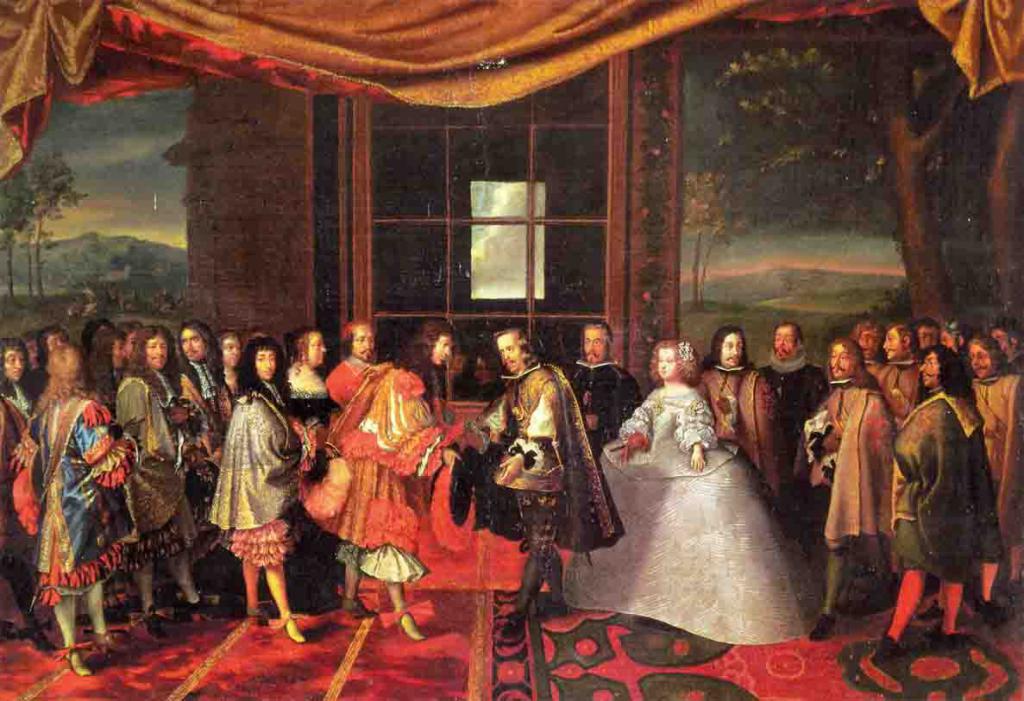
Independent withdrawal from Russian citizenship was prohibited and was considered by law as treason, which was a serious criminal offense. If the Russian citizen was abroad, he should, at the very first request of the authorities, return to his homeland.
In the case of a "sovereign" stay abroad for more than five years, a person was recognized as missing, and his estate was taken into custody. In exceptional cases, dismissal from citizenship was practiced. It was carried out at the highest command on the basis of the report of the ministerial body and had the force of law.
